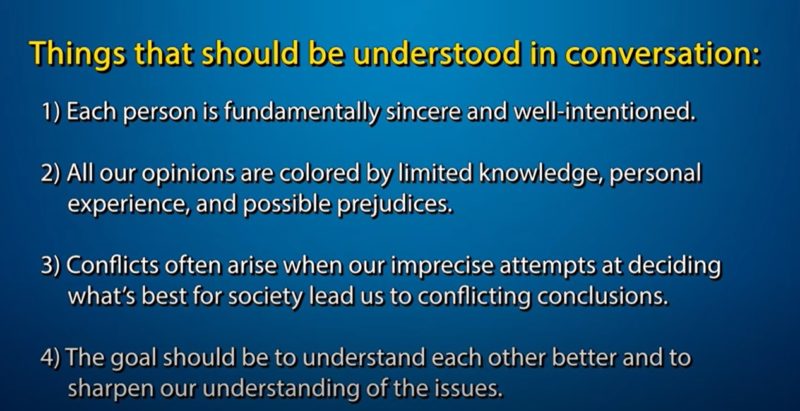It’s a quote I’ve used twice here:
[Belief] may be the battle of your life, but emotionally and intellectually, it could also be the most exhilarating one you’ve ever engaged in. Whether you experience God’s reality or are just intellectually intrigued by the idea, God can be a very real force in peoples’ lives – spiritual, emotional, supportive – that almost no other system can offer. But you must gird yourself for a fight and know that you’re going to have to try to reconcile very difficult things. Or at least hold them in suspension and bounce them back and forth and get tired. There’s no quick fix, but we have the benefit of drawing on thousands of years of religious thinking. You can’t learn it over a weekend. It’s an engagement for the rest of your life.
Burton Visotzky
I originally included it while discussing Winifred Galligher’s Working on God, in which it’s originally quoted.
I also reposted the quote on its own a few years later, undoubtedly just to have an easy way out of keeping up some artificial posting streak:
In some ways, I think I admired that quote, but now, I view it so very differently.
Visotzky writes that believers are “going to have to try to reconcile very difficult things. Or at least hold them in suspension and bounce them back and forth and get tired.” I originally read this very ambiguously, not really thinking about what exactly one must reconcile. As I’ve returned to my skeptical positions of the past after a sojourn in faith, I see it simply: you’re going to have to reconcile contradictions or ignore them. Contradictions between faith claims and scientific claims. Contradictions between various faiths’ claims. Contradictions between claims of omnipotence and omnibenevolence and the evil we see around us. Contradictions within traditions’ holy books. You might “get tired,” he suggests. I think that’s what happened to me: I got tired of the continual cognitive disonance.
Far from being a wise quote, I see this now as the dysfunctional heart of faith itself: it’s seeing one thing that has an abundance of evidence and believing another that has little to no real evidence.

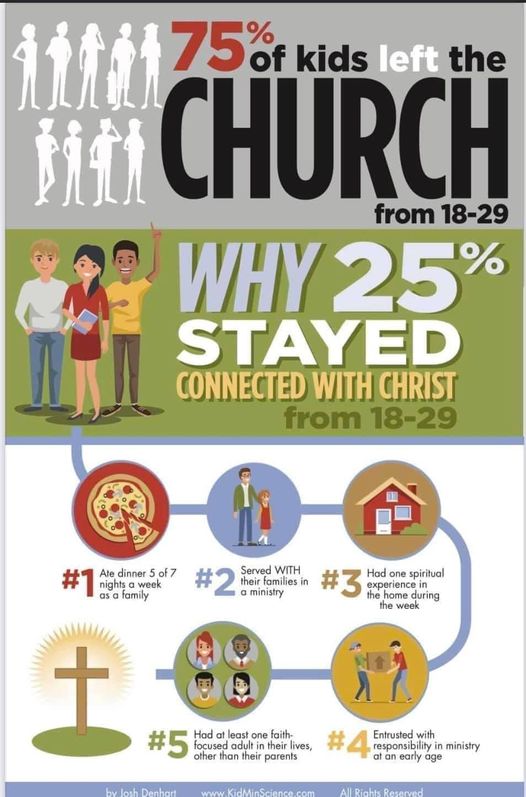
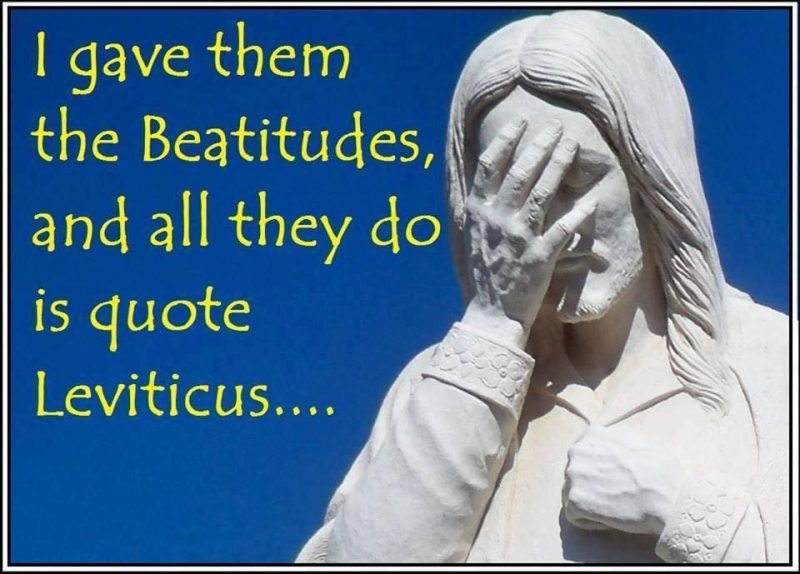




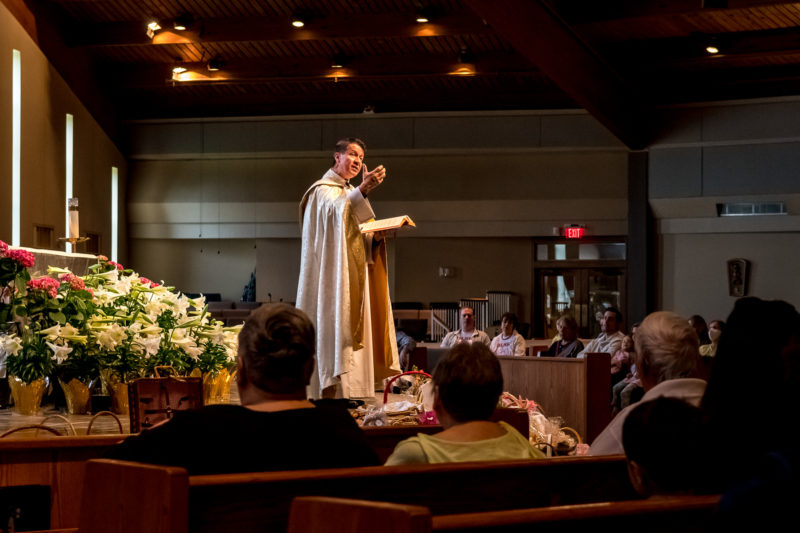
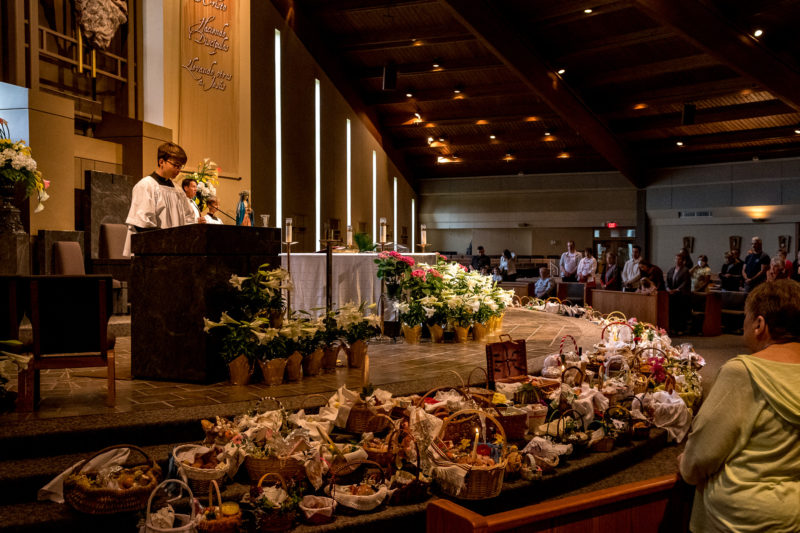
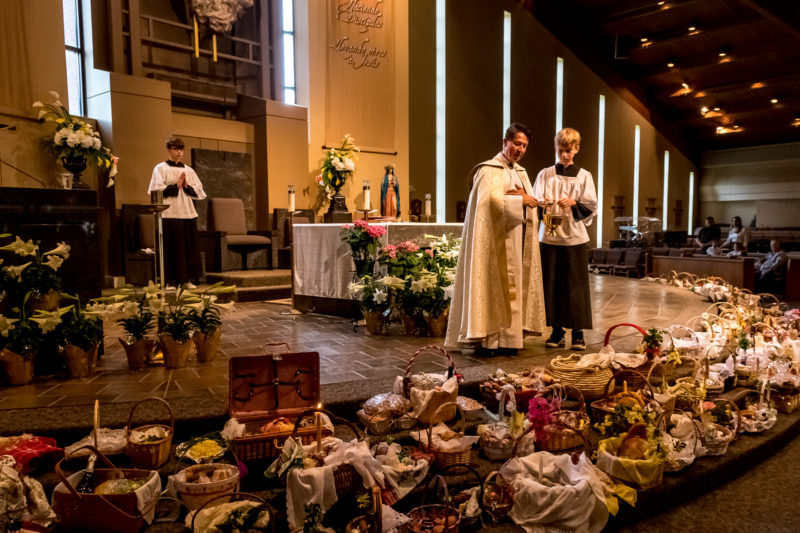





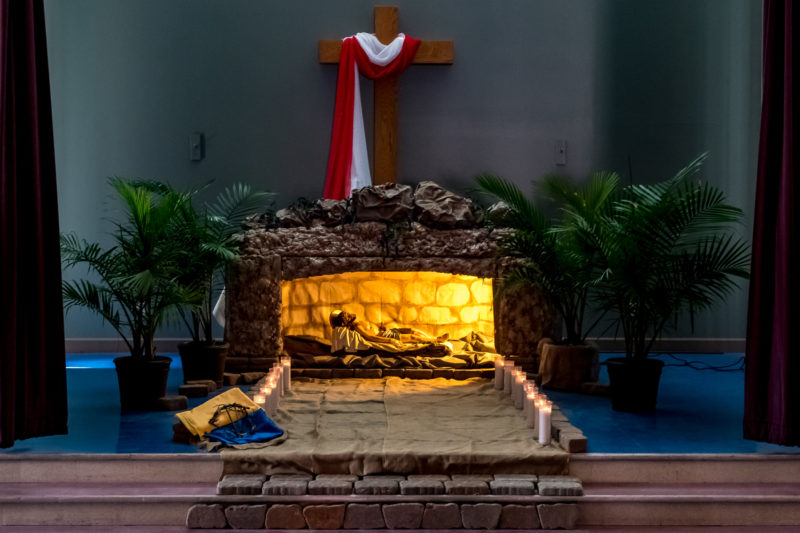


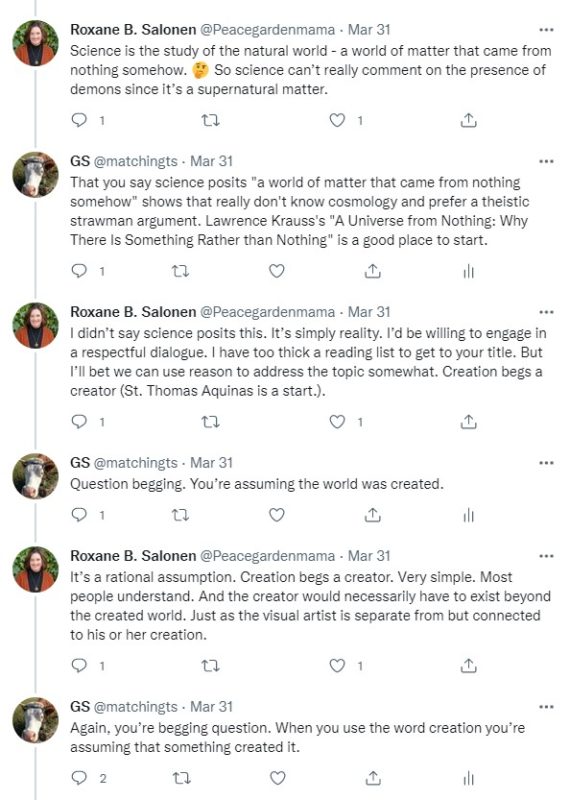
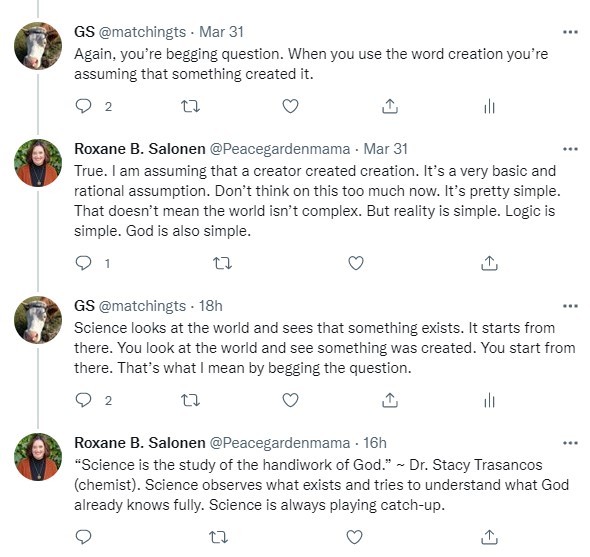
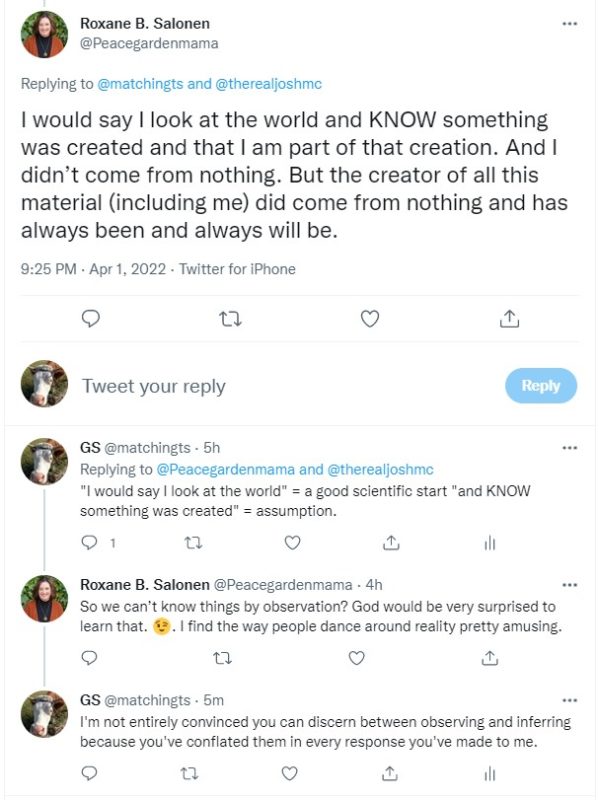
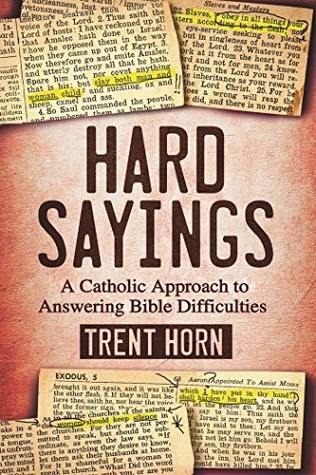 In the introduction to Hard Sayings: A Catholic Approach to Answering Bible Difficulties, Trent Horn quotes Dan Barker’s succinct point about the Bible: “An omnipotent, omniscient deity should have made his all-important message unmistakably clear to everyone, everywhere, at all times.” By this, Barker of course means that a god who is all the things the Christian god is supposed to be would send a message that couldn’t be so easily misunderstood, so easily used to justify so many conflicting ideas, as the Bible is.
In the introduction to Hard Sayings: A Catholic Approach to Answering Bible Difficulties, Trent Horn quotes Dan Barker’s succinct point about the Bible: “An omnipotent, omniscient deity should have made his all-important message unmistakably clear to everyone, everywhere, at all times.” By this, Barker of course means that a god who is all the things the Christian god is supposed to be would send a message that couldn’t be so easily misunderstood, so easily used to justify so many conflicting ideas, as the Bible is.